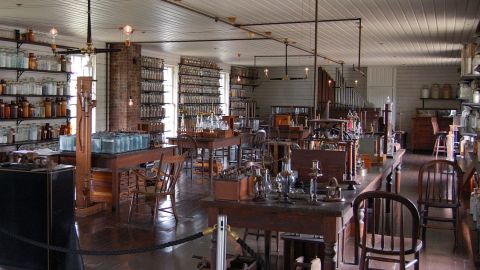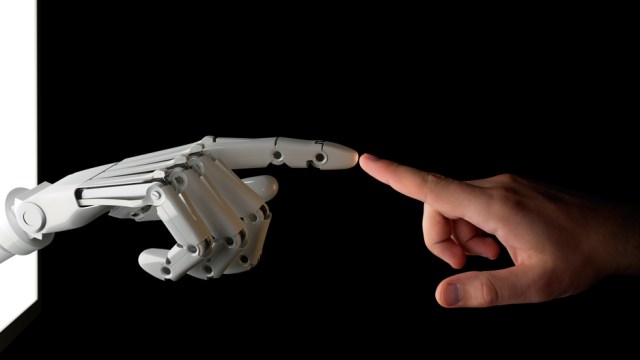Failing Like Edison

Innovation and breakthroughs require taking tremendous risk. In society today, most progress is made incrementally. If people aren’t given as much time and money as they need, they don’t take risks. It’s only when you force people with constraints. You’re constrained by the amount of the time you have, amount of money you have, the resources you have, and you’re trying to make something work. If you constrain them the right way two options are before you. Either they fail or they succeed and because they were constrained when they succeed they’ve had to create something new.
That new result or discovery within the constraints is a breakthrough, it’s an innovation. So at the X PRIZE Foundation we put these large ambitious prizes out there with this clear measurable objective goal and we say the first person to do it wins and that time pressure and the amount of prize money, which really constrains to some people how much money they’ll spend, drives them to create a breakthrough in innovation.
The day before something was truly a breakthrough it’s a crazy idea. So the question is where in our society do we allow crazy ideas to come from? Large corporations and governments shy away from crazy ideas because they’re afraid of the ridicule. On the other hand, one of my trustees at the X PRIZE Foundation, Ratan Tata, the Chairman of Tata Industries, gave out a prize every year for the best failure that then taught them something.
If you think about the fact that Edison had hundreds of failures on his way to creating the elements inside a light bulb, that’s another way to think about it. So constrains, willingness to fail, willingness to take big risks and rapid iteration are absolutely fundamental to innovation.
In Their Own Words is recorded in Big Think’s studio.
Image courtesy of Shutterstock





